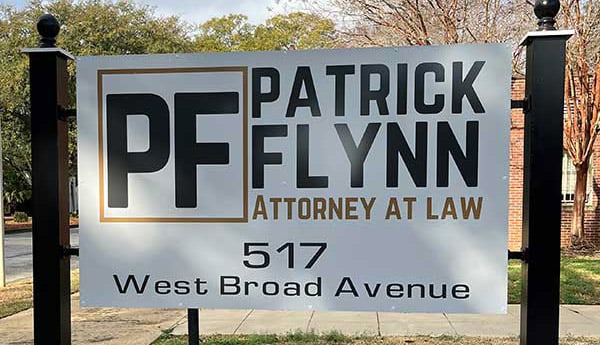Pursuing a personal injury lawsuit after being injured in a crash gives you the opportunity to find accountability and recover compensation. A financial reward stemming from one of these cases can go a long way, too, to helping you offset lost wages, medical expenses, rehabilitation costs, and pain and suffering damages.
Yet, even if your case seems open and shut, there’s a good chance that you’re going to come up against aggressive defense strategies as you get deeper into your case. One of the most commonly used defenses in these car accident cases is comparative negligence. If you want to protect your ability to recover what you deserve, you need to know about this defense and how to counter it.
What is comparative negligence?
Under Georgia law, the jury in your case is allowed to hear the evidence and determine who is at fault for the accident in question. However, it’s not an all or nothing determination. Instead, the jury is free to assign fault to the parties as it sees fit. Therefore, under the state’s comparative negligence law, you and the other driver can be found to be partially at fault. When issuing that determination, the jury will assign a percentage of fault to each party, which will total 100%.
Why comparative fault matters
A comparative fault determination can be crucial to the outcome of your case. This is because the compensation awarded to you in a successful case will be reduced by the percentage of fault that was assigned to you. So, if you were awarded $100,000 but were found to be 35% at fault, you’ll only walk away with $65,000. This reduction can disrupt your recovery significantly.
Also, if you’re assigned too much fault, you’ll be denied financial recovery altogether. Therefore, you need to know how to anticipate this defense to protect your interests as fully as possible in your personal injury case.
How can you prepare for comparative negligence arguments?
As you prepare to initiate your personal injury claim, there are some steps that you can take to better prepare yourself to counter this defense. This includes doing each of the following:
- Being honest with yourself about your actions leading up to the accident.
- Being thorough with witnesses to determine what they saw and if any of it implicates comparative negligence
- Focusing on the “comparative” aspect of the analysis by finding ways to show that your mistakes pale in comparison to those made by the other driver
- Finding ways to maximize a showing of your damages so that a finding of comparative fault doesn’t cut you short any more than necessary
- Considering an accident reconstruction so that you have an expert in your corner who can testify as to how the accident occurred and who is to blame for it
There may be other steps that you can take to protect yourself in your case, which is why you’ll want to think about being proactive in discussing the circumstances of your case with an attorney of your choosing.
Use the legal process to your advantage
Although the thought of comparative negligence can be stressful, the personal injury claims process has the potential to provide you with the financial support that you need. Therefore, you’ll be better served if you can channel your stress into thoroughly preparing your case.
If you want assistance with doing that to ensure that you’re making the best arguments possible given the facts in play, you might want to think about reaching out to an attorney who has proven themselves successful in this area of the law.

